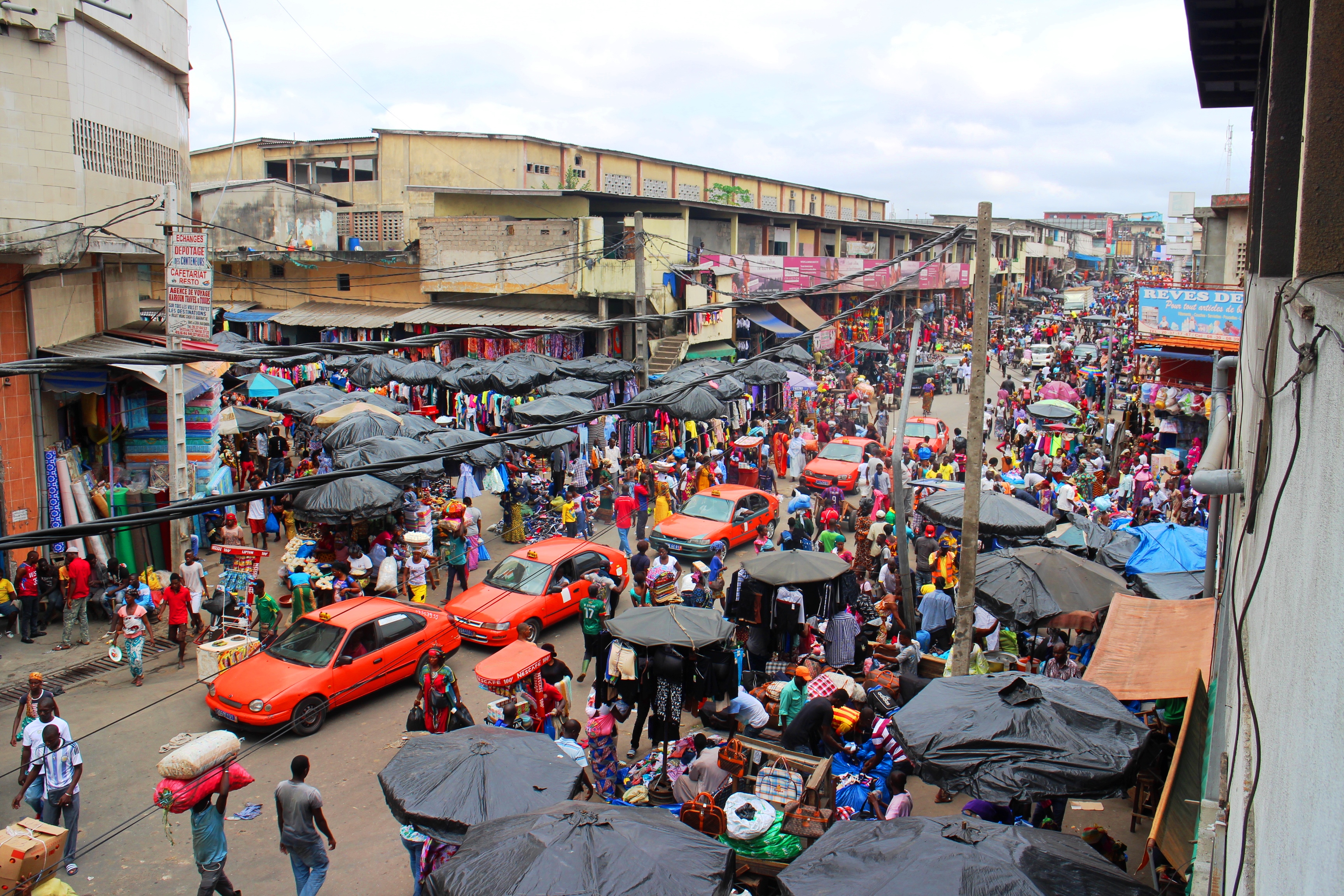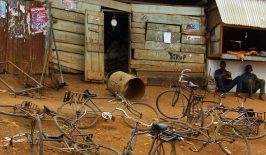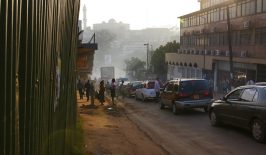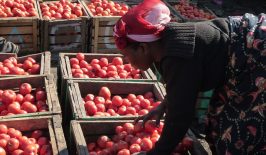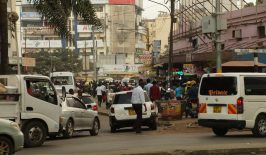Jacqueville is a city on the Atlantic Ocean, surrounded by so much water – lagoons and ocean – that it almost feels like an island and was fairly cut off from the mainland until fairly recently. Ever since 2015, however, when a bridge to the mainland went into operation, the city has grown in popularity and is attracting more and more tourism. In less than an hour you can reach the economic centre of the Ivory Coast, Abidjan. Previously, the city could only be reached by ferry. A large part of the Ivory Coast’s oil reserves are also located in the area. Oil and gas are the main sources of energy production in the country, followed by hydropower. Other renewable energies such as solar or wind power are virtually non-existent. However, this is set to change. By 2020, the West African country wants to generate 150 megawatts from solar energy – equivalent to about seven percent of its current national energy production.
And local businessman Balla Konaté is taking the initiative and doing his own bit to help. Inspired by taxis he saw during a visit to China, Konaté and a team of employees are giving the transport sector in the small town a boost in the right direction by fitting out small cars and three-wheeled cars with solar panels – and putting them to use as taxis. Powered by the solar panel alone, the solar taxis are only able to travel around 30 kilometers – not enough for a form of public transportation. That’s why several batteries have been built into the vehicles too, which are regularly recharged – also using solar energy. A set of six batteries is enough to ensure the solar taxis a range of about 140 kilometers.
This new sustainable means of transport is already hugely popular in Jacqueville, not least because the price of a trip in a solar taxi is cheaper than that of a conventional one because of the savings made on fuel. Sounds like a win-win for the people of Jacqueville and the climate.
In Uganda, Kampala’s ubiquitous motorcycle taxi, the boda-boda, is also going green. Click here to find out more.
This is a translation of an original article which first appeared on RESET’s German-language site.
